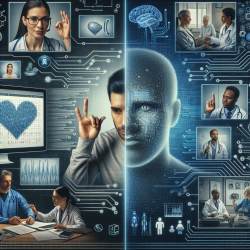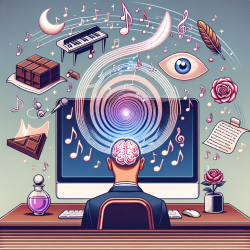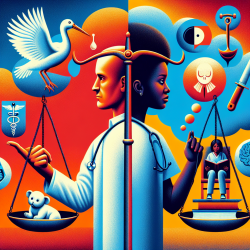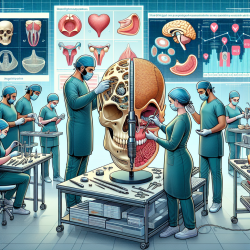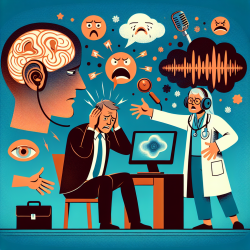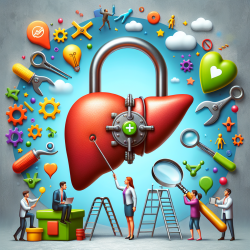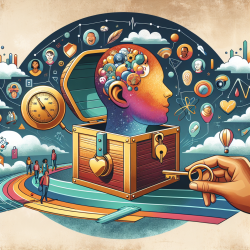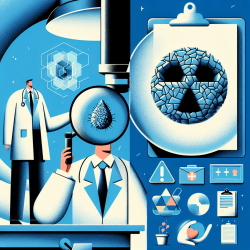Unlocking the Potential of Generative AI in Healthcare
Generative Artificial Intelligence (AI) is revolutionizing the medical field by providing innovative tools powered by large language models (LLMs). As these technologies continue to evolve, it's essential for healthcare professionals to develop a strong understanding of AI terminologies and concepts, particularly generative AI. This knowledge will enable them to harness AI-driven innovations for improved patient care and increased productivity.
Understanding Key AI Concepts
The research article "Generative Artificial Intelligence Terminology: A Primer for Clinicians and Medical Researchers" outlines essential terminology associated with LLMs and generative AI. Here are some key concepts:
- Artificial Intelligence (AI): Computer programs capable of mimicking human intelligence to process information and make decisions.
- Machine Learning (ML): A branch of AI that enables computer programs to learn from data by identifying patterns.
- Deep Learning (DL): A subfield of ML using deep neural networks for data analysis and pattern recognition.
- Natural Language Processing (NLP): A field of AI that analyzes and processes free text into structured language data.
- Reinforcement Learning (RL): A type of learning where the model makes decisions by receiving feedback as rewards or penalties.
Applications in Healthcare
Generative AI offers vast opportunities in healthcare. Some applications include:
- Predictive Analytics: Using ML to predict patient outcomes and optimize hospital logistics.
- Image Analysis: Applying computer vision to detect diseases through automated analysis of medical images.
- Text Analysis: Utilizing NLP to extract valuable information from clinical notes and patient feedback.
- Personalized Medicine: Reinforcement learning can optimize treatment plans based on individual patient responses.
Challenges and Considerations
While generative AI holds promise, significant challenges remain. Model performance is highly dependent on data quality, and biases in datasets can affect outcomes. The "black box" effect, where AI algorithms lack transparency, poses another challenge. Additionally, integrating AI into clinical workflows and addressing regulatory hurdles requires careful consideration.
Empowering Healthcare Professionals
For healthcare professionals, building AI literacy is crucial. This involves evaluating AI tools in practice, seeking continuing education, and staying informed about developments. By understanding core AI concepts, clinicians can actively shape the responsible integration of AI in medicine, enhancing healthcare and improving patient outcomes.
To read the original research paper, please follow this link: Generative Artificial Intelligence Terminology: A Primer for Clinicians and Medical Researchers.
